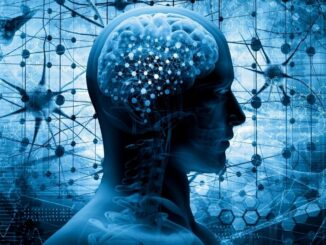
Virtual private network
Virtual private network (VPN) is a network architecture for virtually extending a private network (i.e. any computer network which is not the public Internet) across […]

Virtual private network (VPN) is a network architecture for virtually extending a private network (i.e. any computer network which is not the public Internet) across […]

Over the past few months, the Cybersecurity Tech Accord has been researching and promoting cyber hygiene initiatives that businesses can adopt easily and that have […]

The act of lending money, particularly to friends and family, often feels like a delicate dance between compassion and practicality. While the impulse to help […]

In the relentless pace of modern life, where information bombards us from every direction and the pressure to constantly acquire new knowledge feels ever-present, there’s […]

In the contemporary business landscape, where consumers are bombarded with an unprecedented volume of information and choices, traditional mass marketing approaches are increasingly losing their […]

In the intricate ecosystem of business, every company, regardless of its size or industry, is built on a foundation of continuous operation. The daily flow […]

Canceling an insurance policy without incurring penalties requires a careful understanding of the terms and timing involved. While most policies offer some flexibility, the process […]

Psiphon is a free, open-source internet censorship circumvention tool that uses a combination of VPN, SSH, and proxy technologies to provide access to the uncensored […]

Retention and recall are two pillars of effective learning, and understanding the science behind them can dramatically improve how we absorb and apply information. In […]

Telegram (also known as Telegram Messenger) is a cloud-based, cross-platform social media and instant messaging (IM) service. It was originally launched for iOS on 14 […]
Copyright © 2025 | WordPress Theme by MH Themes